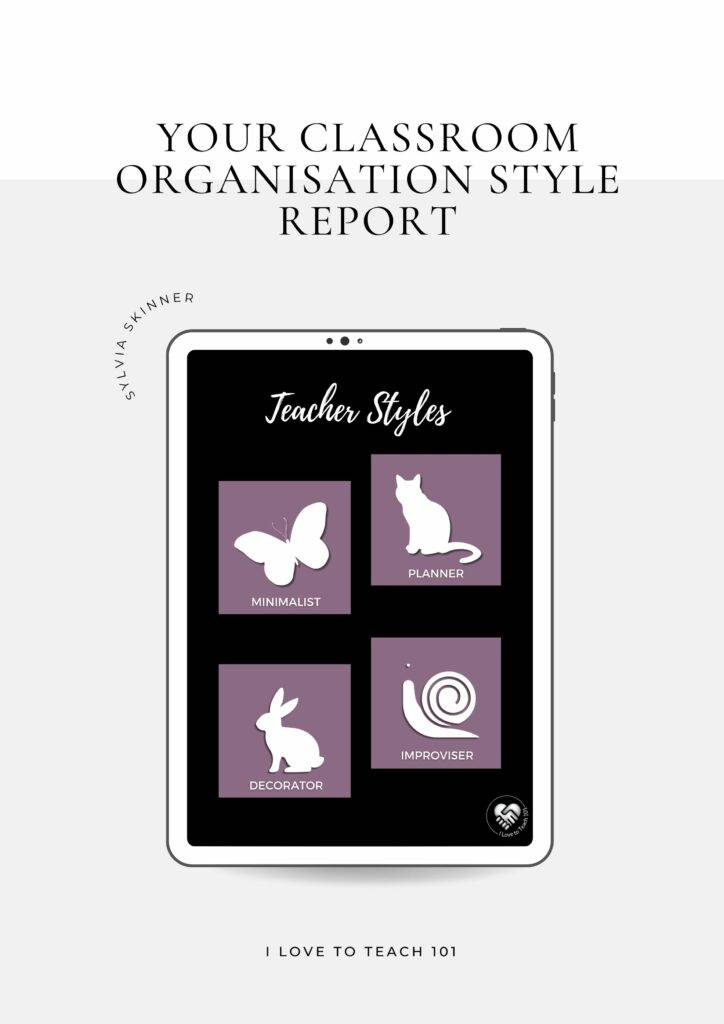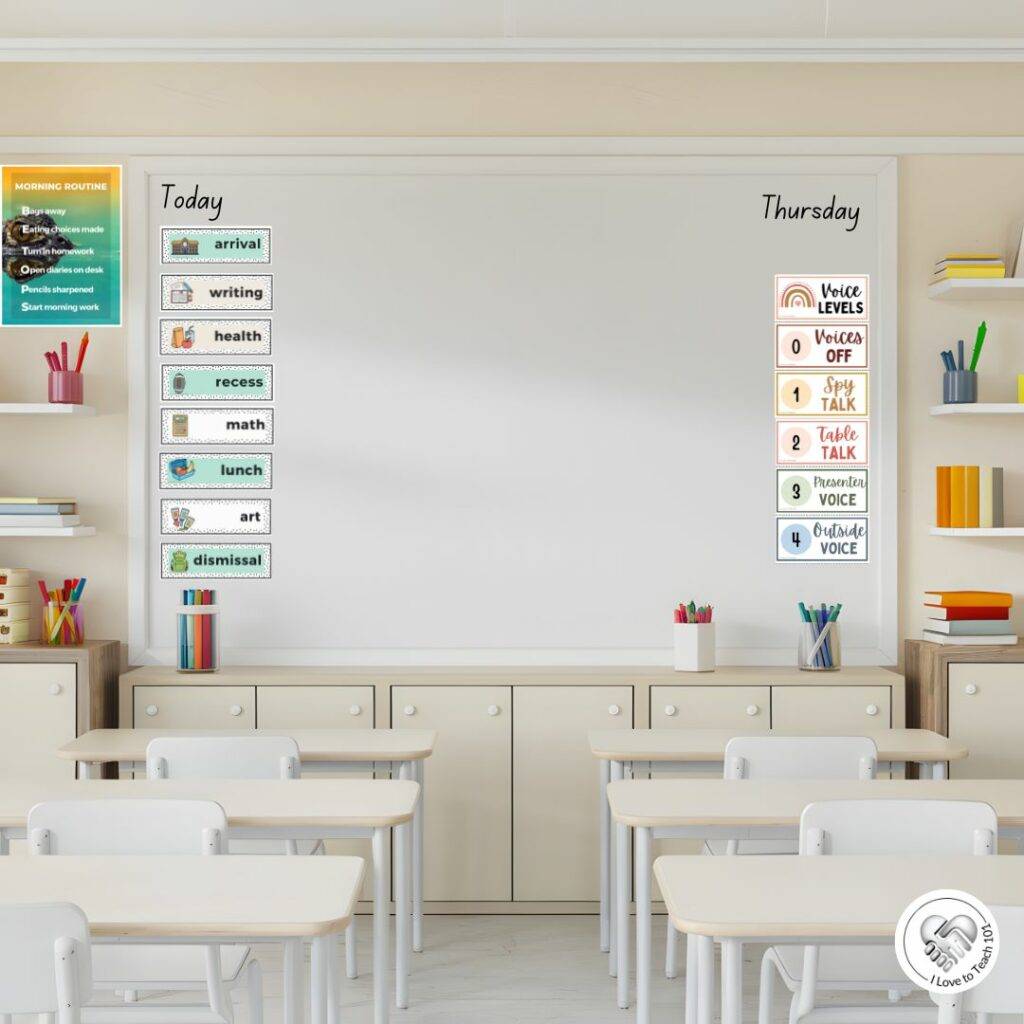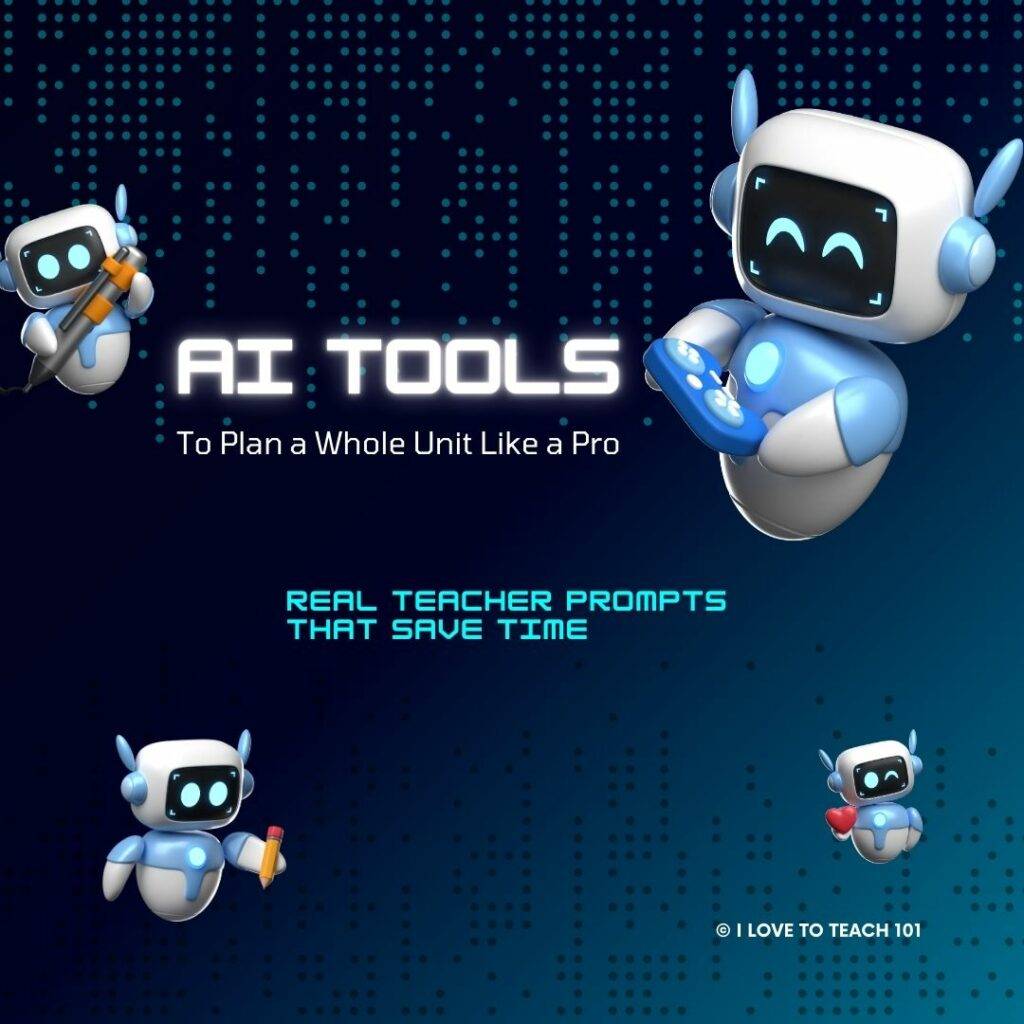Help for Teachers: 20 Essential Questions Answered
This page is packed with help for teachers—quick answers to common questions, clear info on using your resources, and a simple way to get in touch if you need more support.
Whether you’re wondering how to download your freebie, use resources at your school, or want to know if we offer bundles — you’re in the right place! Our FAQs cover everything from classroom use to tech troubleshooting and account support.
If you don’t find what you need, just scroll down to the Contact Form and send us a message. we’d love to hear from you.
1. Getting Started & Access 🧭
2. Buying & Using Resources 🛒
3. Refunds & Account Support 💸
4. In the Classroom & School Use 🧑🏫
Help for Teachers: quick answers, no emails required
This help for teachers section is updated regularly, so feel free to check back anytime. If you’re curious about how strong teaching support can impact whole communities, you might enjoy this inspiring update on providing help for teachers in the Solomon Islands.

Still Stuck?
Not finding what you need in our help for teachers section?
Feel free to connect, using this contact form. We’ll do our best to respond quickly (usually once the coffee kicks in ☕).
Discover Your Classroom Organisation Style
Which one sounds like you?
- Planner Cat 🐱 Thrives on structure.
- Improviser Snail 🐌 Adapts on the fly.
- Minimalist Butterfly 🦋 Keeps things simple.
- Decorator Rabbit 🐇 Loves creating visually.
Take the I Love To Teach 2-minute quiz to uncover your unique classroom organisation style.
Receive a custom report and 3 classroom games 🎯 to engage your students in keeping your space tidy.





